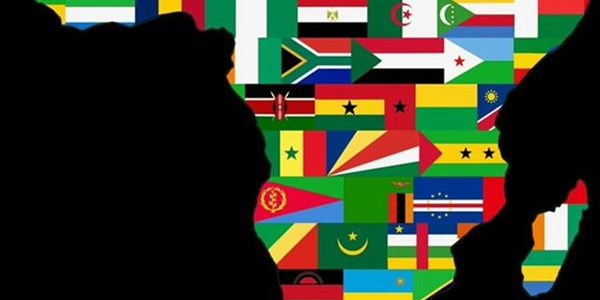International
#Coronavirus: WHO calls for strict Covid-19 air travel measures─── 06:35 Fri, 03 Jul 2020

As African countries begin to reopen borders and air spaces, the World Health Organisation (WHO) says it is crucial that governments take effective measures to mitigate the risk of a surge in infections due to the resumption of commercial flights.
It said many African governments acted swiftly, implementing confinement and travel restrictions in the early days of the pandemic.
In the World Health Organisation African Region, 36 countries closed their borders to international travel, eight suspended flights from countries with high Covid-19 transmission and others had partial or no restrictions.
So far Cameroon, Equatorial Guinea, Tanzania and Zambia have resumed commercial flights, WHO said. The 15-member Economic Community of West African States (Ecowas) is expected to open their airspace on 21 July.
While open borders are vital for the free flow of goods and people, initial analysis by WHO found that lockdowns along with public health measures reduced the spread of Covid-19.
Even with border restrictions, imported cases have sometimes brought back Covid-19 to countries that had not reported cases for a length of time. For example, Seychelles had not had a locally transmitted case since 6 April but in the past week 66 new cases, all crew members of an international fishing vessel, have been recorded.
“Air travel is vital to the economic health of countries,” WHO regional director for Africa, Matshidiso Moeti, said.
“But as we take to the skies again, we cannot let our guard down. Our new normal still requires stringent measures to stem the spread of Covid-19.”
To resume international air travel, WHO said it recommended that countries assess the epidemiological situation to determine whether maintaining restrictions outweighs the economic costs of reopening borders if, for instance, there is widespread transmission of the virus.
It is also crucial to determine whether the health system can cope with a spike in imported cases and whether the surveillance and contact tracing system can reliably detect and monitor cases.
According to WHO, it is important that countries have systems in place at points of entry including airports. Comprehensive entry and exit screening should be considered based on risk assessment and cost-benefit analysis, and as part of the overall national response strategy. Such screening may target, as a priority, direct flights from areas with community transmission.
“The resumption of commercial flights in Africa will facilitate the delivery of crucial supplies such as testing kits, personal protective equipment and other essential health commodities to areas which need them most,” Moeti said.
“It will also ensure that experts, who can support the response can finally get on the ground and work,” she said.
The impact of Covid-19 on airlines is likely to be severe. African airlines could lose up to US$ 6 billion of passenger revenue compared to 2019 and job losses in aviation and related industries could grow to 3.1 million, half of the region’s 6.2 million aviation-related employment, according to the International Air Transport Association.
In the worst-case scenario, international air traffic in Africa could see a 69 percent drop in international traffic capacity and 59% decline in domestic capacity, according to an analysis by the International Civil Aviation Organization.
Jeremy Springall, vice-president of border management at SITA last week said that, as countries around the world begin to ease air travel restrictions, they will be mindful of preventing a resurgence of Covid-19 cases by taking a controlled approach to reopening their borders and might vary their approaches based on the risk profile for each travel corridor destination.
“Where the virus risk is low, we’re beginning to see specific regions wishing to allow movement within safer zones first, for example the trans-Tasman bubble between Australia and New Zealand, which is being discussed.
“This will enable open travel between countries within the zone, although it might still be subject to additional health checks and close monitoring to avoid the risk of outbreaks,” Springall said.
SITA is the IT provider for the air transport industry, delivering solutions for airlines, airports, aircraft and governments.
African News Agency













